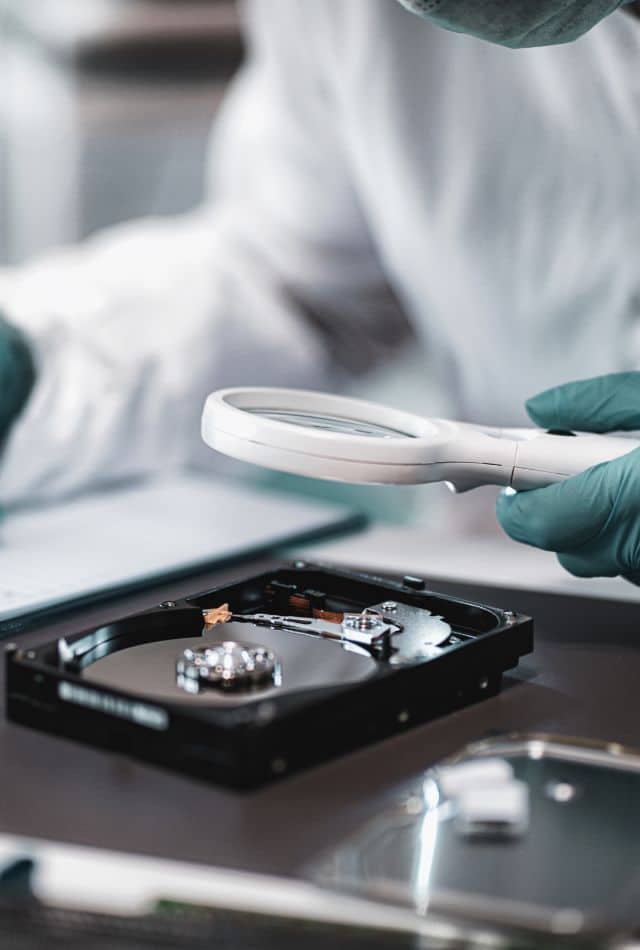Forensic Medical Examiners, or FMEs, are specialized physicians trained in examining and investigating unexpected, suspicious deaths or involving legal implications. They perform autopsies, analyze medical evidence, and may contribute to cases involving violent crimes.
What Is Forensic Medical Examiner – Overview
A Forensic Pathologist is a medically trained doctor who specializes in pathology. They focus on determining the cause and manner of death through autopsy and examination of tissue samples. Their primary responsibility is to determine the cause and manner of a person’s death. They can also assist with the investigation outside of a laboratory.
Some forensic medical examiners are trained to consultant levels in pediatrics, gynecology, surgery, or any other clinical specialty. Some may have a background in general medicine.
Some of their areas of work are-
- Examining the complaints of sexual assaults
- Examining children’s injuries after any sexual or physical abuse
- Working in custody suites and many more
Roles and Responsibilities of a Forensic Medical Examiner

A forensic medical examiner is always involved in an investigation’s different legal and medical aspects. They need to determine if a person’s death was natural, intentional (such as homicide), or accidental from a medical standpoint. They can work with forensic scientists, technicians, investigators, and other specialists to collect more information about the case. While autopsies are a key tool, forensic medical examiners may also rely on other investigative methods and evidence to establish an official cause of death.
A forensic medical examiner mostly works with lawyers and police from a legal perspective while investigating a crime scene.
The major responsibilities of a forensic medical examiner are-
- Recording the details about a body, even the weight of each organ
- Taking samples of various body fluids
- Supervising and taking pictures of the body
- When required, perform scans and X-rays of the body
- Testing crime scene evidence, including witness statements
- Studying the medical history of deceased people
- Performing autopsy to see if there is evidence of any injury or disease
- Using specialized knowledge in the areas like serology, anatomy, toxicology, DNA, and firearms
- Collecting and recording any medical evidence from the body
- Coordinating work with law enforcement’s operations
- Making sure that the evidence collection follows the right procedure
- Offering to counsel to the family members about the cause of death of the deceased person
- Performing physical examinations and lab tests requested by the district attorney or the court
- Helping with the examination of living people in a criminal case
- Working alone in a laboratory for hours
- Testifying their findings in court when required
- Providing death certificates
7 Steps to Become a Forensic Medical Examiner
Becoming a Forensic Medical Examiner requires a significant commitment to education and training, including earning a Bachelor’s degree, an MD (Medical Doctor) or DO (Doctor of Osteopathy), and residency training in pathology and a fellowship in forensic pathology.
Step 1: High School Graduation or GED
Students can start preparing for forensic medical examiner in high school. Any good bachelor’s program requires a GED or a high school diploma to apply. Interested students must excel in their coursework, especially biology and other science classes.
Step 2: An Undergraduate Degree
Medical school admissions are overly competitive. Individuals who want to be medical examiners must excel in their undergraduate courses. To make their journey smoother, students can choose a similar field, like chemistry or biology.
Step 3: Complete Medical School
To complete the application process, students must submit all their letters of recommendation, academic work, and Medical College Admission Exam scores.
Students take physiology, advanced anatomy, and microbiology courses and must also learn clinical practice.
Step 4: Medical License
You can earn a medical license by completing their board examination, the United States Medical College Licensing Exam or USMLE. It consists of three exams at the beginning and a final exam after one year of residency.
Licensing requirements can vary between states. Before collecting a license, one should determine where they plan to live.
Step 5: Pursue Residency
After obtaining their medical degree, students must begin a residency program to gain practical experience, not specifically on Independence Day but as part of their medical training schedule. Medical examiners can show their residency in pathology. They can also choose any residency that includes forensic pathology and autopsy training as a part of their program.
Step 6: Medical Examiner Fellowship
After completing their residency, doctors pursue a forensic pathology fellowship to specialize further and gain expertise in forensic medicine. They can also take a specialty training fellowship after completing their residency. This fellowship often takes place at the office of a government-run medical examiner and can allow doctors to increase their focus on different aspects of their careers.
Step 7: Professional Network
Building a professional network is very important for an aspiring medical examiner. Medical examiners can be appointed to various offices, and their hiring process is different from that of other medical specialties. It is always beneficial for them to attend any networking event, like a conference.
Becoming a forensic medical examiner is demanding and requires approximately 12 years of combined undergraduate study, medical school, residency, and specialized fellowship training in forensic pathology.
Conclusion
The primary role of a forensic medical examiner is to investigate any suspicious or unusual injuries or death. They help to solve crimes and figure out the right reasons behind death.
Only a dedicated person can become a forensic medical examiner because starting a career in this field requires years of training and education. Therefore, to become a forensic medical examiner, you must set your goal and start working hard.
See Also
Medical Internship for High School Students
Clinical Research Project Manager
Grants for Healthcare Providers
Americans With Disabilities Act
Medical Laws and Ethics in the US
References
https://link.springer.com/chapter/10.1007/978-1-59745-099-7_2